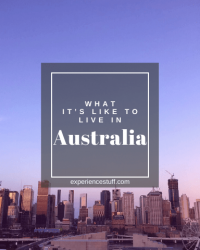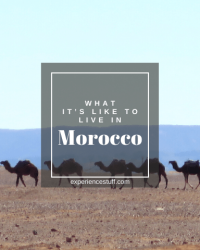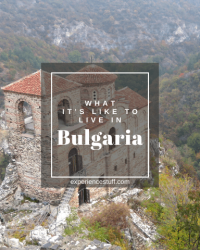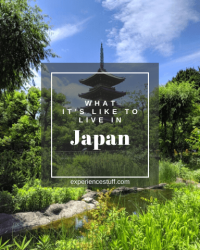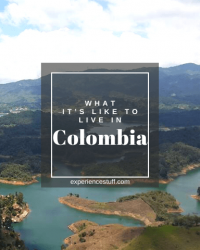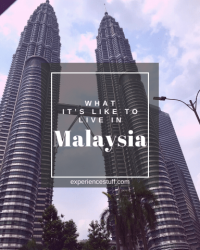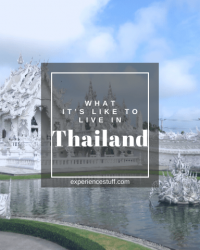Discover the truth about Taiwan: Inside Tips from a Livability Expert
This post will show you what living in Taiwan is like.
It covers:
- Housing
- Food
- People
- Budget
- Things to do
- and more!
Let’s check out Taiwan!

Taiwan was my first attempt at slow travel (digital nomadism but slower) in early 2015.
It has a well-deserved reputation for friendly people, mild weather and an affordable cost of living.
Taiwan is such a fun and pleasant place, I went twice.
On my second visit, I spent a total of 3 weeks traveling in Taipei, Tamsui, Tainan, Kaohsiung, Kenting and Jialeshui.
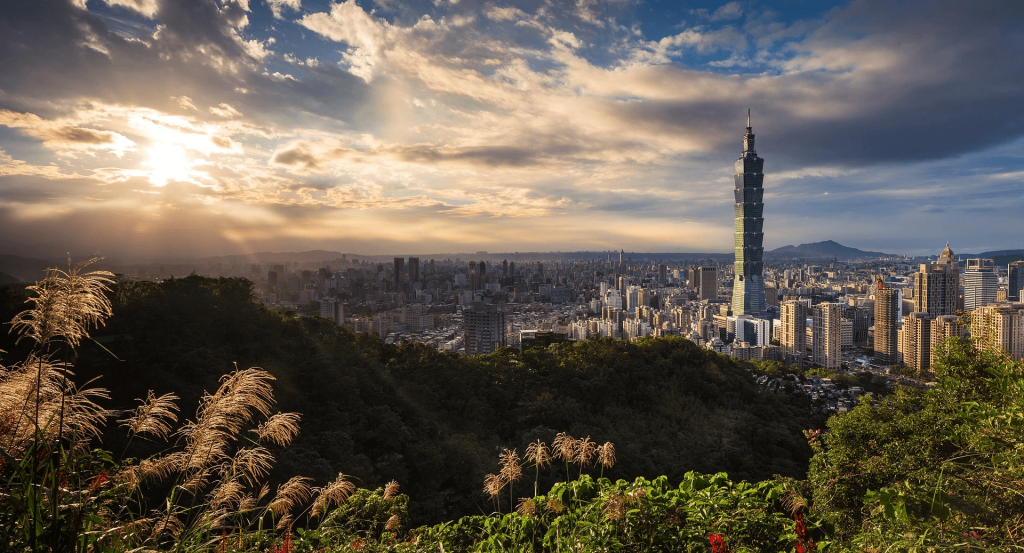
It’s a great place to start living abroad, because although the writing is in Chinese characters, people are very eager to help out.
Best of all, the food was a pleasant surprise, especially if you prefer milder Chinese cuisine. There’s also some excellent Sichuan hot pot and boba tea. (My mainlander friend ate hot pot every day when he visited.)
Brief History

Taiwan has been inhabited for at least 20 to 30,000 years, until farmers from mainland China settled there 6,000 years ago. It was known as Formosa (“beautiful island”) to Europeans for a while because Portuguese sailors named it that in 1542.
The Dutch East India company, Spain, France, Japan and various Chinese dynasties fought for control of the island during the 1600s to 1800s. Japan prevailed going into the 20th century until they were expelled after World War II, establishing the Republic of China as the ruler over Taiwan and the mainland.
After a period of unrest and economic woes, Chinese Nationalists (Kuomintang) lost a civil war to the Communist party on the mainland in 1949 and fled to Taiwan with a trove of national treasures (you can see these at the National Palace Museum). To this day, the Taiwanese government claims sovereignty over all of China, and the Kuomintang are a major political party on the island.
***Disclaimer***
This post is based on my experiences as an off-white westerner who has been living abroad since 2006. How you’re treated depends on who you are, how you behave and which street you’re on. Experiences may vary.
Living conditions in Taiwan
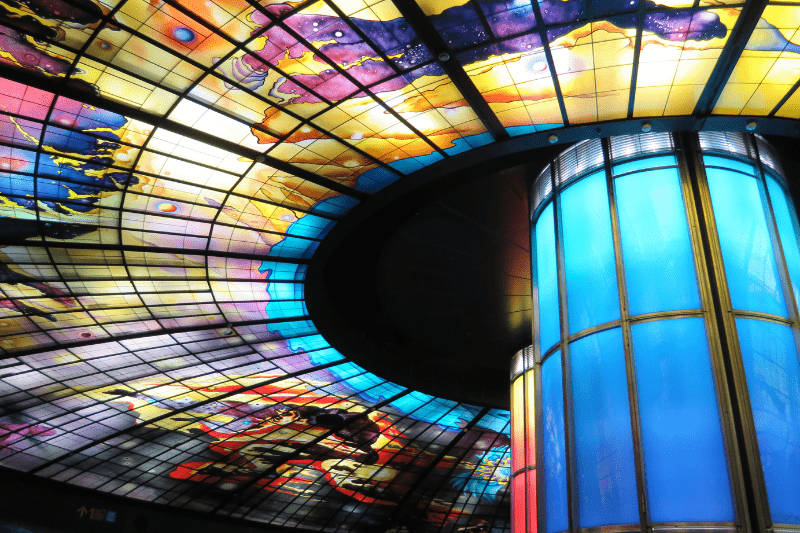
- Weather is mild with winters a bit chilly in the north and summers a bit hot in the south (too hot for women to wear makeup because it’ll sweat off).
- Internet is usually fast and cheap at 136 Mbps for downloads.
- Transportation is very well-organized and comfortable to use. I took a train from Taipei to Kaohsiung and it was super quiet, clean and pleasant.
- Safety is not a problem, according to Taiwan News, they’re the second safest in the world.
- Water is relatively safe to drink from the tap, but I’d boil it just to be sure.
- Sanitation varies a lot by neighborhood, so make sure to check out your area before renting.
- Groceries are relatively fresh at local markets. There are many types of stores ranging from open air markets to supermarkets in mega malls.
Housing

Taiwanese often say, “Good enough” to describe quality. Keep this in mind when you’re living there. There’s some shoddy construction so be aware of this when you rent a place. Houses don’t tend to have heating, even though it gets chilly in winter.
Housing ranged from average to slightly above average. Most buildings are at least 10 years old. There are some very cheap options, but you definitely get what you pay for. You’ll see some Japanese influence on the housing, since it’s often small and gloomy. The nicest place I stayed was a 4-star hotel in Kaohsiung, which was somewhat rundown.
Food
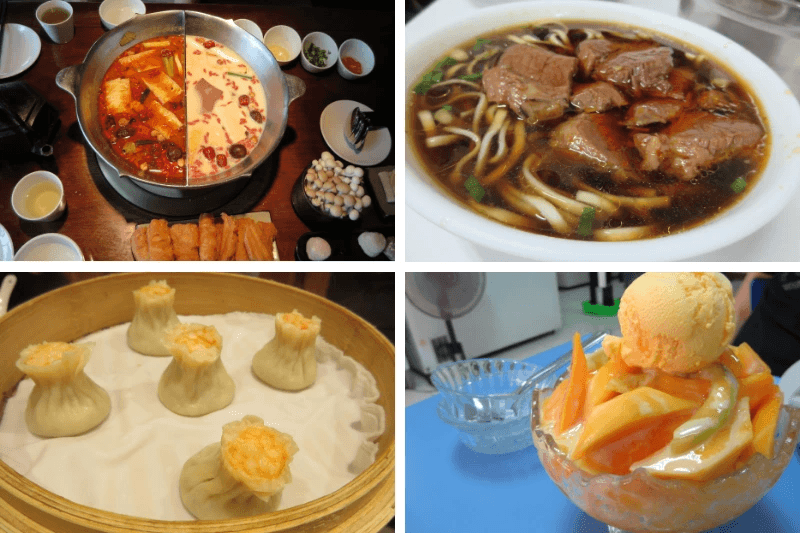
Amazing if you like Chinese street food and beverages. Taiwan is the home of Din Tai Fung, but there are even better places for Dim sum if you look around. There was a growing number of expat-owned restaurants serving a variety of cuisines as well as a decent Craft Beer place back in 2015. I visited a nice middle eastern place run by an Israeli that had great Shakshuka.
Kavalan Whiskey is highly rated, but I found it taste a bit artificial. Taiwanese breakfast is amazing. You can get stuffed with dumplings, donuts and tea for $2 USD. I highly recommend it! Ditto for desserts like pineapple cakes and mango snow ice.
People

People are mild and generally happy to have tourists. They have a tendency to avoid saying “no”. If there’s some hesitation in an answer, you might not want to push it.
Meeting locals is pretty easy through couch surfing and I still keep in touch with a few. Taiwanese people were open and inclusive in my experience.
I was approached by a father and son who were interviewing foreigners for a school project. I usually avoid interviewing or answering surveys, but they were so nice that I was happy to help out.
Some business owners, especially women, can be tough and upselly, so make sure to communicate clearly at restaurants and shops. The good news is you often pay first, so you can confirm what you ordered in advance.
I didn’t have any problem with street crime and mostly felt comfortable everywhere I went.
Losing your things is no big deal. Like in South Korea, people will actively seek you out to return your stuff.
Cost of living
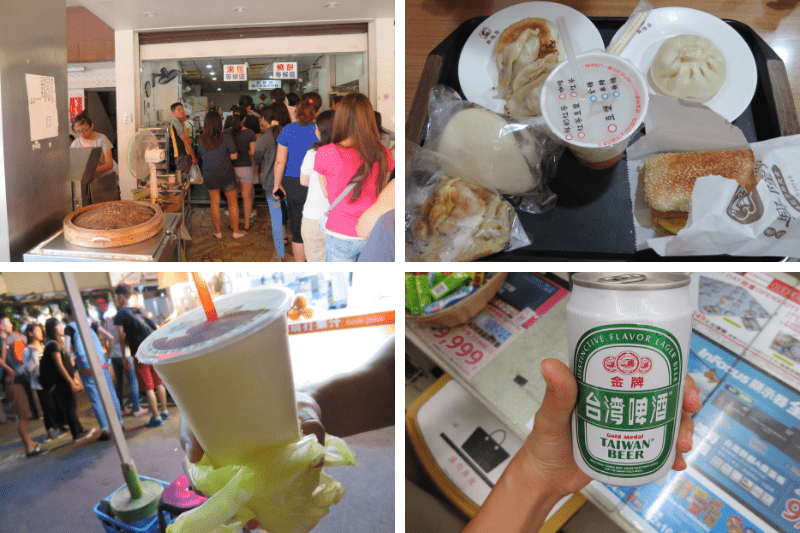
Very affordable with decent value for what you pay. If you sign a year lease in a smaller city, rent for a respectable apartment is $400 USD a month. Local food is also inexpensive, even if you eat out.
Budget

$1,000 USD to $2,000 USD a month depending on the size of the city and how often you eat out.
Unique experiences
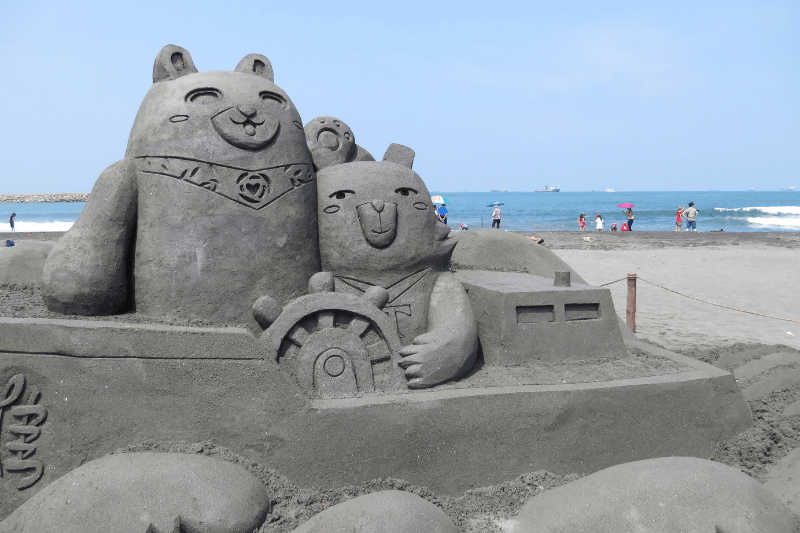
Sights
You’ll see a lot of old apartments and houses with laundry hanging out the windows in local neighborhoods. You won’t see trash cans, because they were removed to reduce trash on the streets.
In the business districts, it’s mostly high-rises and luxury cars like any other big city.
Colorful Taoist temples can be found everywhere in the country.
67% of Taiwan is covered by mountains with 286 of them above 3,000 meters (9,800ft). You’ll see a lot of beautiful countryside and the beach of course.
Sounds
Fireworks are a big deal. Expect to hear firecrackers at night around any major holiday.
Cafes are pretty quiet on average if you avoid touristy areas. I felt a lot of Japanese influence in them.
Earthquakes happen quite often so you might be treated to the experience while you’re there.
Smells
There are unique odors throughout the country ranging from enticing to off-putting. You’ll get used to the smell of Durian and stinky tofu.
Festival of Hungry Ghosts in August is serious business where people avoid making big decisions or having celebrations like weddings. People burn joss paper, so the air quality is not ideal. Locals don’t travel during this time, so it might be a good time to do so if you’re not worried about ghosts.
Things to do
Visit the National Museum and see incredible art spanning centuries of Chinese culture. I’d visit here twice because there’s so much craftsmanship on display. Expect some jostling, especially if you take the bus. I’d recommend going off peak hours.
The Zoo is also nice if you want some Panda action (they’re actually as clumsy and cute as they’re hyped to be, one lost its balance and fell out of a tree much to the delight of the crowd). Go early in the morning and see the Pandas first before a line forms. The other exhibits aren’t nearly as crowded.
Going to the beach is also an option, but most locals don’t swim. In fact, a team of lifeguards swarmed out of their base on ATVs when I jumped in the water, much to the astonishment of the other beach goers.
Surfing in Jialeshui was interesting, just because of how dangerous it was. The beach I went to had massive rip tides and tons of rocks. Unless you’re a seasoned vet who’s desperate to surf, I’d give it a pass. Also, make sure you have a car, because there was no public transport when I was there. Make sure to have mosquito spray as well or you’ll get eaten alive.
Night markets in Taipei have some cheap and delicious food, but can be repetitive. If you ask a local, the best night market is the one you haven’t been to yet. After trying multiple ones, I can say they’re about the same except for level of crowds.
The Taipei 101 tower is a giant shopping mall with luxury goods. It’s shaped like a bamboo shoot and designed with the number 8 in Chinese characters (八) upside down 8 times. 8 has the meaning of growth and prosperity. The view is nice, but about the same as you’d get in any large city. Factor in crowds + price vs how much you’re into views.
Jioufen is a must for anime fans since it inspired the Hayato Miazaki movie, “Spirited Away”. Extremely crowded but gorgeous at night.
Rating
Difficulty: ★★★☆☆☆☆☆☆☆ (3/10)
I would rate the country upper beginner level, since it helps if you know basic Chinese characters, but it’s safe with very little chance of getting scammed. If you’ve been to any big city, you shouldn’t have a problem.
Live: ★★★★★★☆☆☆☆ (6/10)
I’d live there again, but wouldn’t be that jazzed about it.
Visit: ★★★★★★★☆☆☆ (7/10)
I’m eager to go back for a trip to see areas I missed. It’s perfect for a family trip or with friends you like, because it’s not too overwhelming and you can focus on quality time with each other.
Did we miss anything?
I didn’t spend that much time in Taiwan and would love to return.
Let us know your Taiwan tips below!

